Senior Officials Tackle Poverty and Inequality Issues in Course
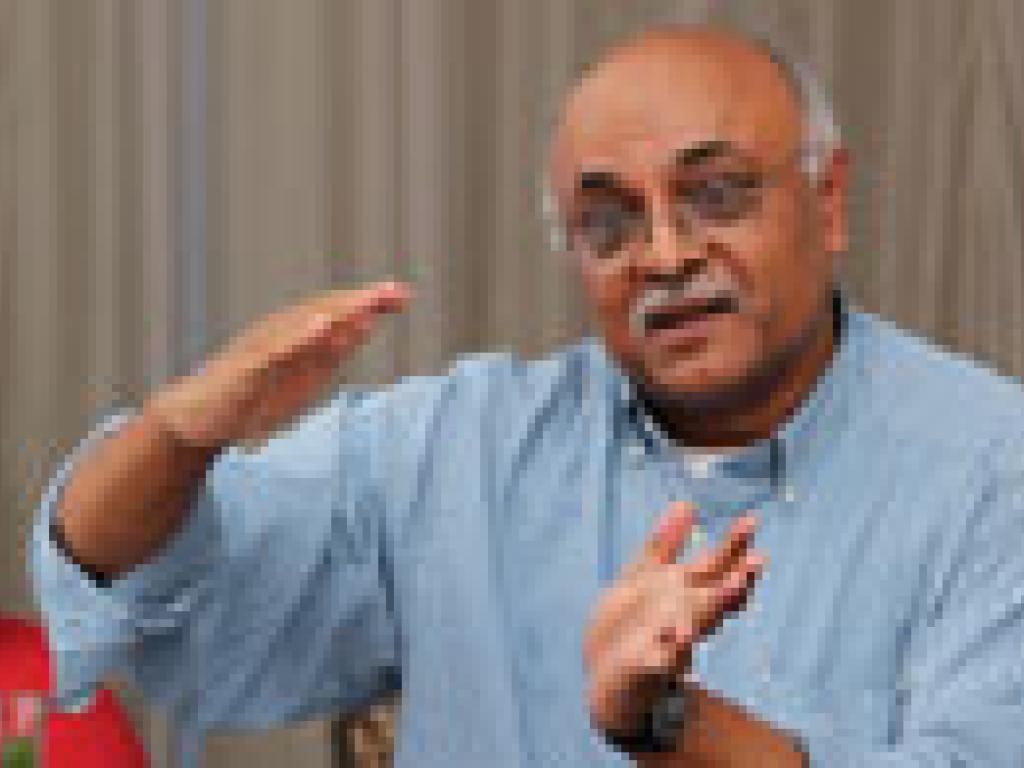
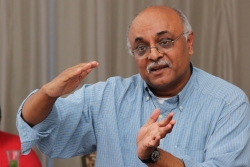
The course was presented in partnership with the government’s Programme to Support Pro-Poor Policy Development (PSPPD). Developing effective strategies to counter poverty and inequality is at the core of government policy.
Ravi Kanbur, T.H. Lee Professor of World Affairs, International Professor of Applied Economics and Management, and Professor of Economics at Cornell University, was a guest lecturer on the course. He offered an in-depth analysis of the global trends in poverty and inequality and analysed how policymakers have responded to these issues.
Tasneem Essop, head of the Low Carbon Frameworks Programme at the World Wide Fund for Nature (WWF International) was also a guest lecturer on the programme, addressing delegates on the experiences of the National Planning Commission and looking at how delegates can develop strategies to effectively deal with poverty and inequality within their respective departments.
“The sharpest distinction between poverty in South Africa and elsewhere relates to race and the apartheid legacy,” said Essop. “There is a structural system of discrimination that denied people fundamental basic services, which are essential to dealing with poverty.”
“Poverty and inequality are different concepts but they are inter-related,” Essop said. “There is a very clear relationship between the two. You can have inequality that leads to poverty, and poverty is also a feature of inequality. Or, you can have an equal society where all are equally poor.
“In inequality there are a number of elements, including (issues around) the distribution of resources and assets. It also has a lot to do with power and societal relations and who has power over whom. If you deal with distribution and power, poverty will be impacted,” Essop added.
Research by the UCT-based Southern Africa Labour and Development Research Unit (SALDRU) indicates that income shares are stacked towards the top 10% of the population. Inequality between social classes and countries combine with discrimination based on gender, race, culture and sexual orientation to form patterns of poverty and exclusion.
The course made reference to local and international best practices to help senior government officials and policymakers strategise around what levers they are able to use to effectively impact poverty and inequality eradication in South Africa.
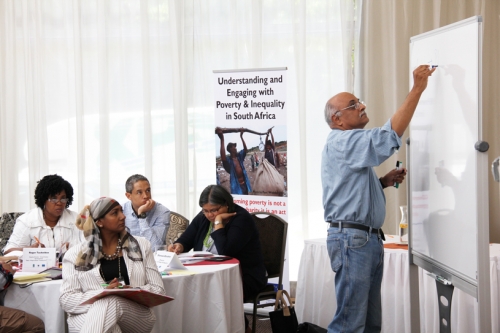
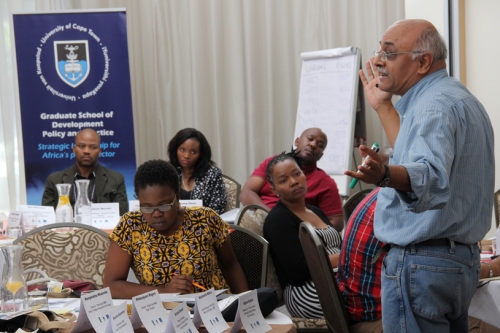
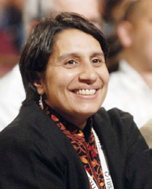
Tasneem Essop
